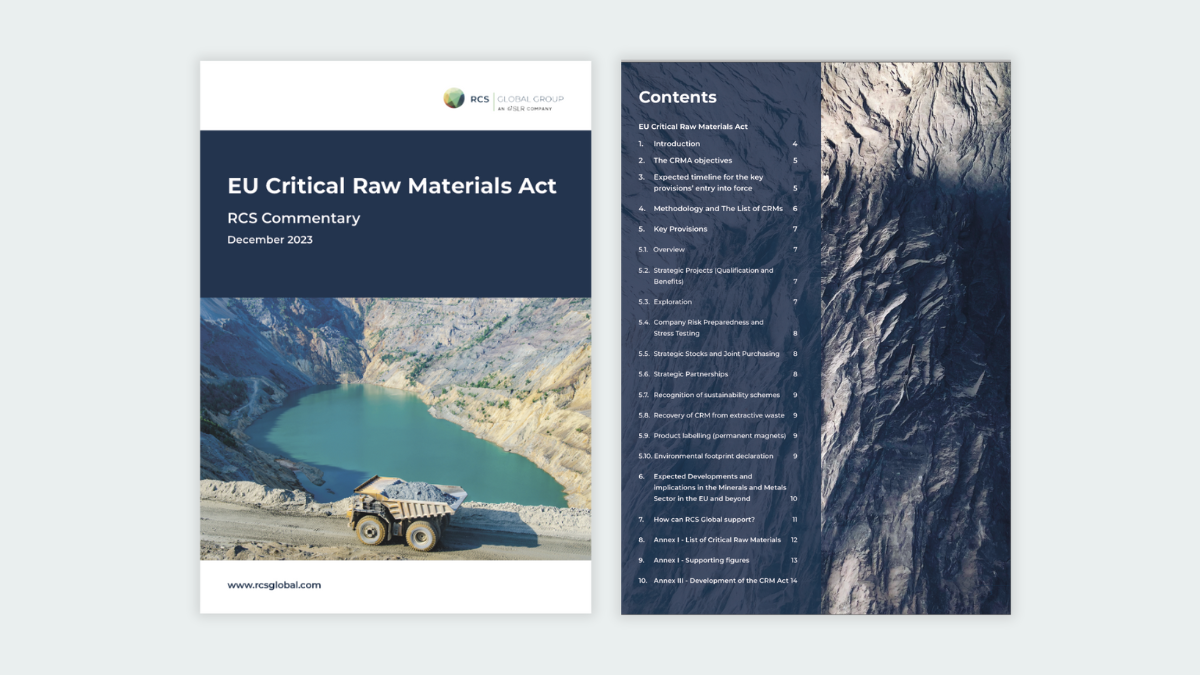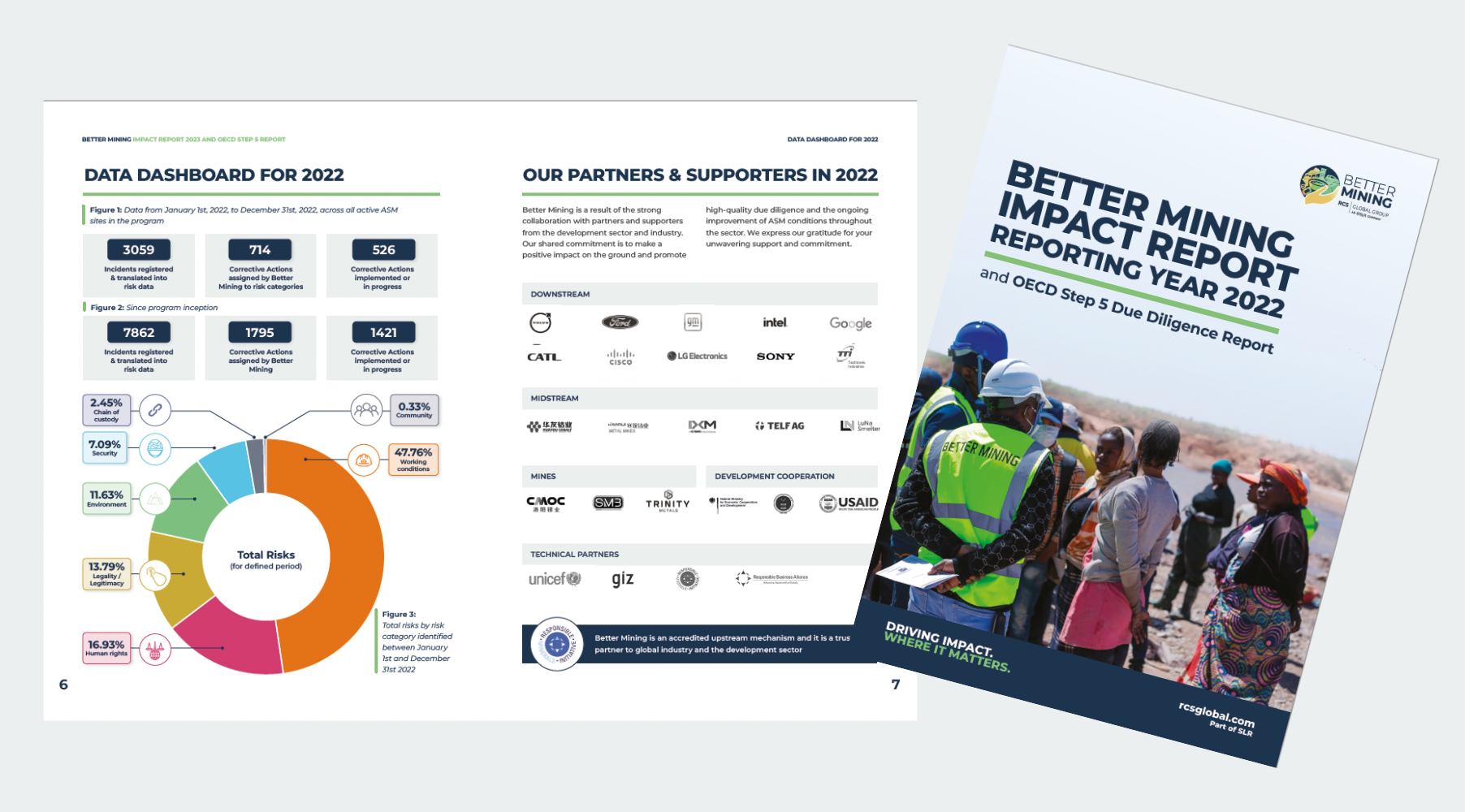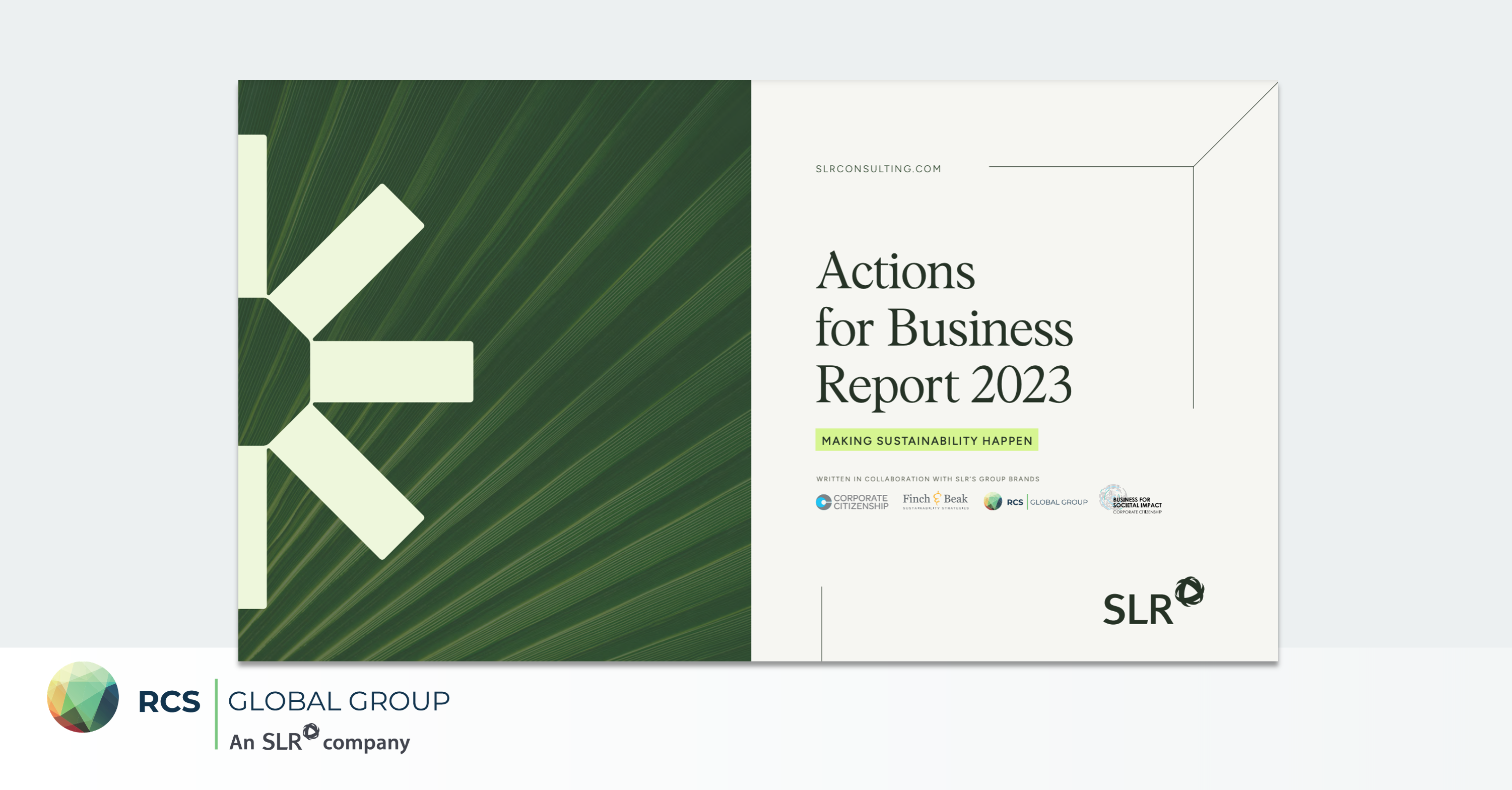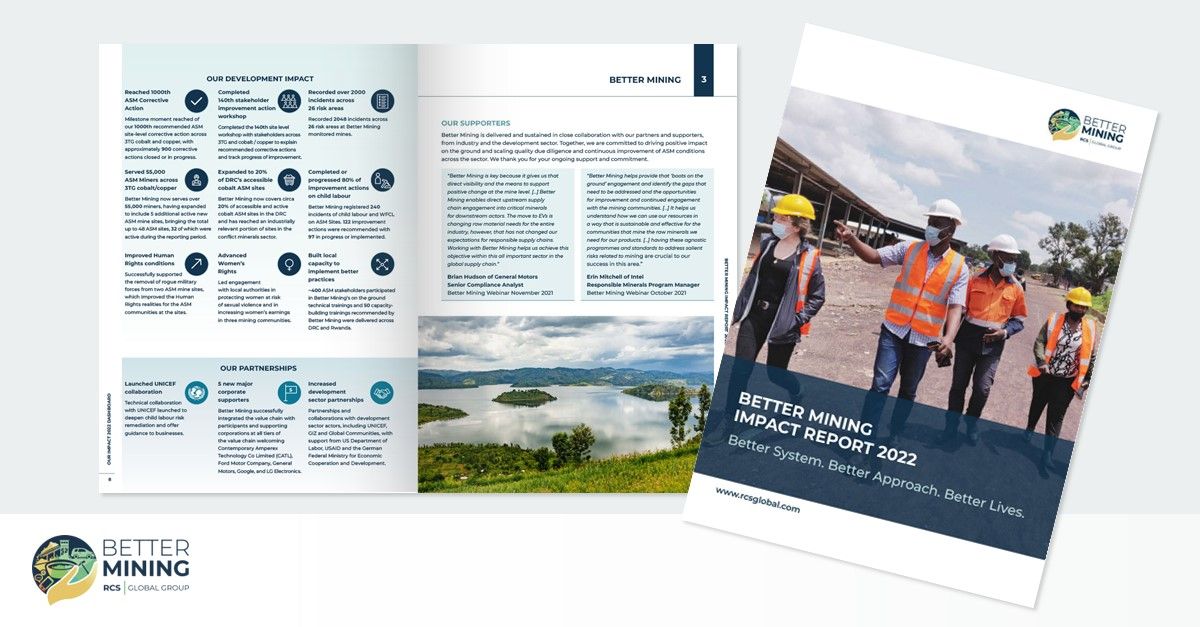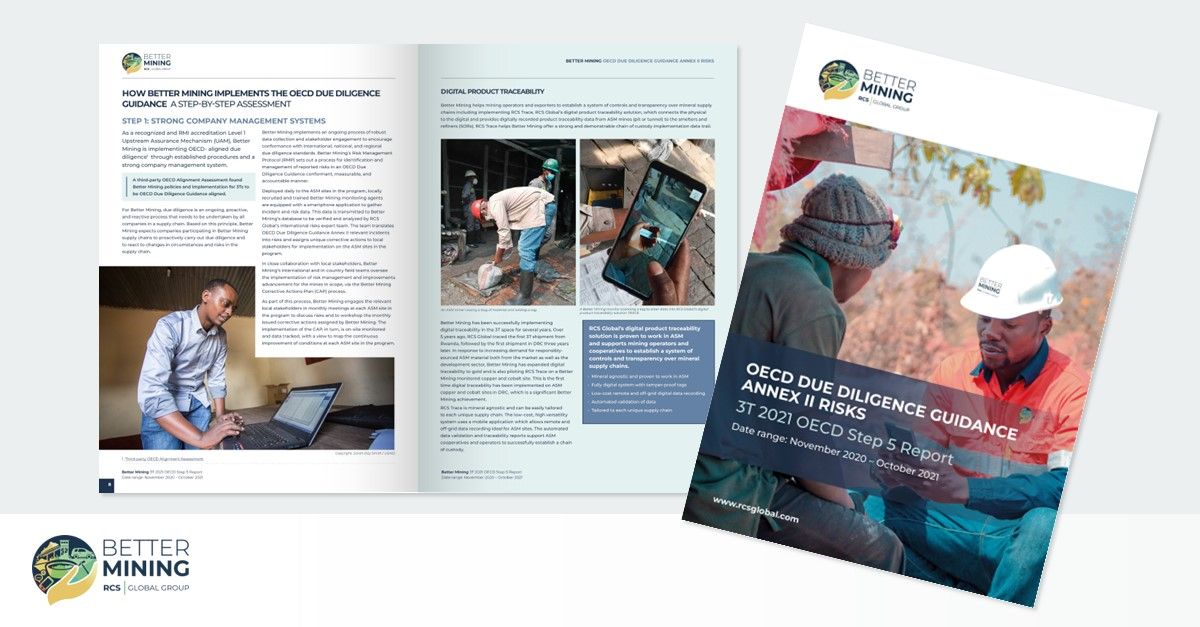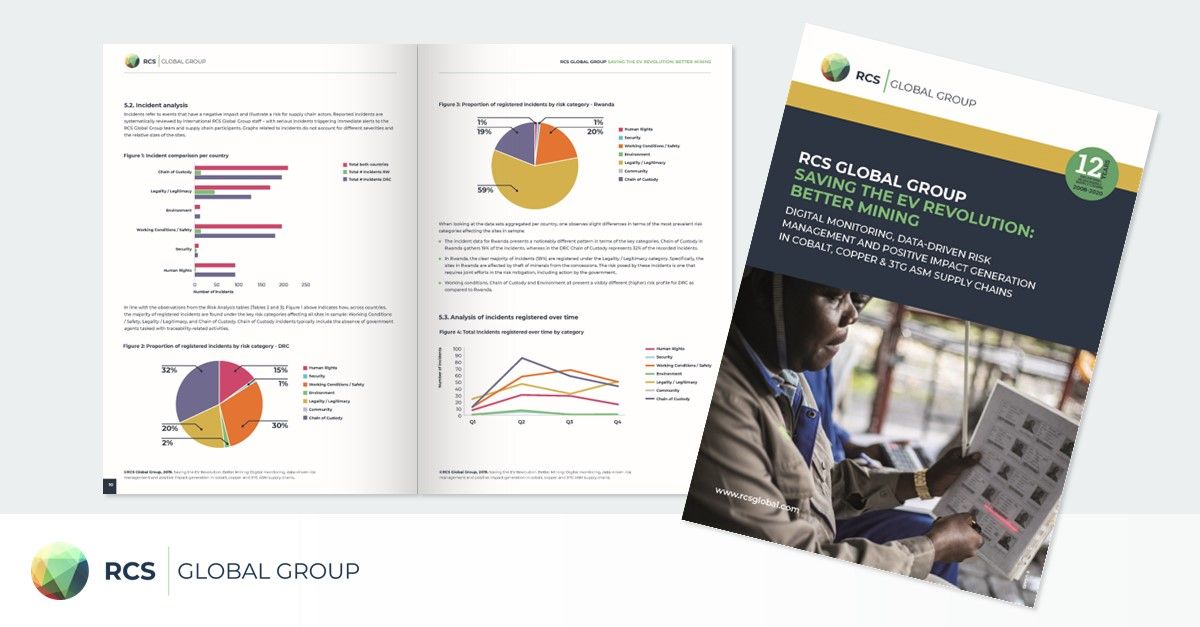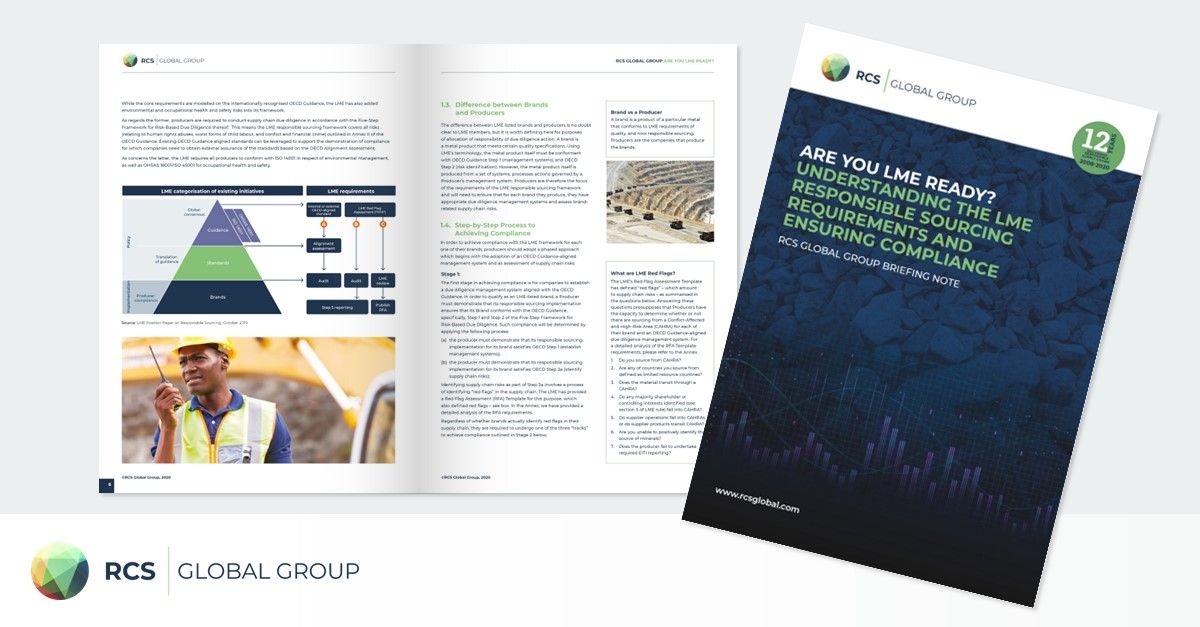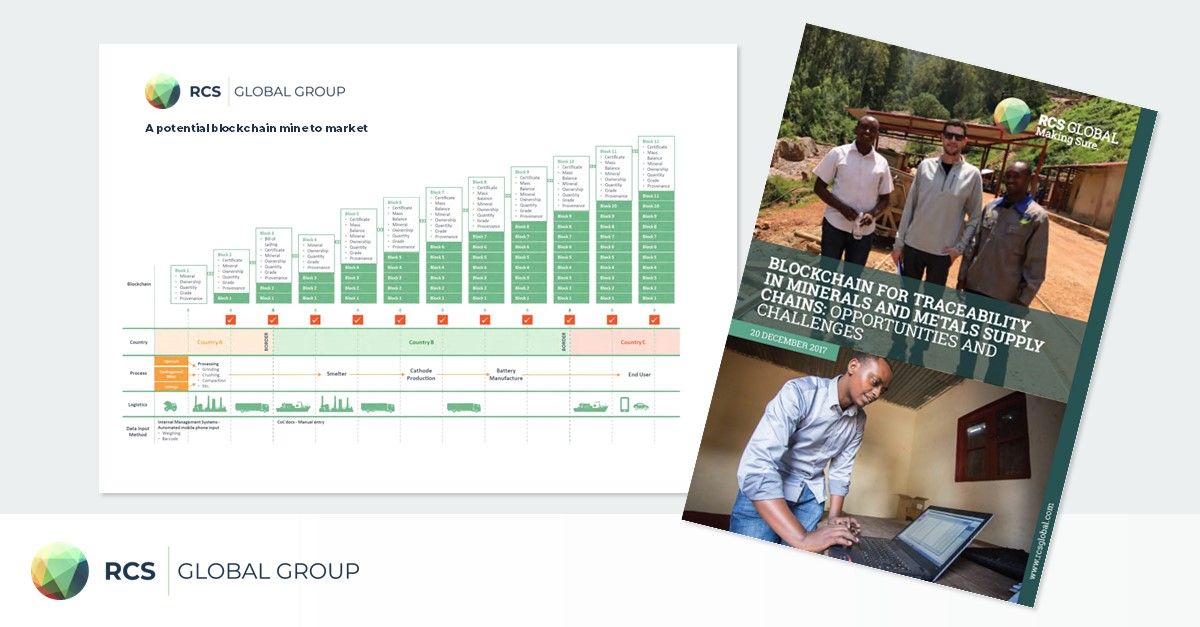Case Study
Indonesia Nickel Supply Chain and Sector ESG Risk Assessment with a Field Trip for a Global Automotive OEM
Challenge
The world has seen how a myriad of difficulties and ESG shortcomings severely affect the lives of communities and the environment in countries such as The Democratic Republic of Congo. These shortcomings have prompted intense scrutiny from external stakeholders, and companies all along the value chain are paying much more attention to what is happening within their supply chains.
In this context, an automotive OEM was deliberating whether to source Indonesian nickel and approached RCS to assess the supply chain risks. The client sought assistance in navigating ESG issues, identifying potential risks, and ensuring a responsible and sustainable approach to nickel sourcing. This included recommendations for a potential market entry and supply chain management strategy.
Solution
RCS assessed the nickel industry in Indonesia in terms of its market characteristics and its ESG performance.
Step-by-step:
- Firstly, the team carried out desk research including a comprehensive mapping of the supply chain and overview of the industry. This covered the market structure, asset ownership, and ESG performance across multiple dimensions and culminated in a report that was tailored to the client’s requirements and deliberations that were taking place.
- Next, to verify these initial findings, RCS conducted thorough field work. The field assessment not only confirmed the results of the first phase of the project, but enabled a much more nuanced understanding of the impacts that are directly attributable to nickel sourcing in Indonesia.
Impact
The ESG supply chain risk assessment with a field trip equipped the client with the necessary insights to make informed deliberations on whether to source Indonesian nickel and how to best manage risks in the process.
Furthermore, they now have comprehensive intelligence available detailing important aspects beyond ESG risks, including existing social dynamics, community perspectives, public sentiment as well as potential collaborators. The client was provided with a solid set of recommendations and a strategy of how best to navigate the sector.
The project outcome is being used to inform decision-making at board level with RCS remaining as a strategically important partner to provide ongoing support.

